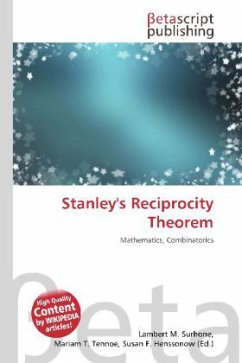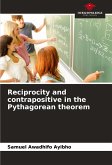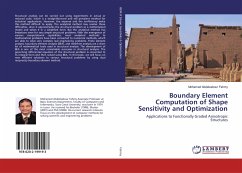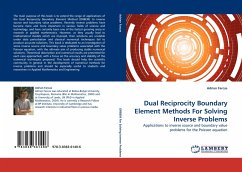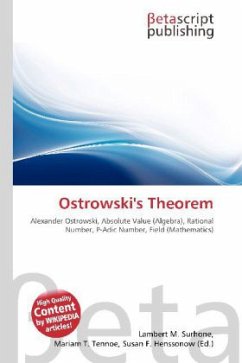In combinatorial mathematics, Stanley''s reciprocity theorem, named after MIT mathematician Richard P. Stanley, states that a certain functional equation is satisfied by the generating function of any rational cone (defined below) and the generating function of the cone''s interior. A rational cone is the set of all d-tuples (a1, ..., ad) of nonnegative integers satisfying a system of inequalities Mleft[begin{matrix}a_1 vdots a_dend{matrix}right] geq left[begin{matrix}0 vdots 0end{matrix}right] where M is a matrix of integers. A d-tuple satisfying the corresponding strict inequalities, i.e., with "" rather than " ", is in the interior of the cone. The generating function of such a cone is F(x_1,dots,x_d)=sum_{(a_1,dots,a_d)in {rm cone}} x_1^{a_1}cdots x_d^{a_d}. The generating function Fint(x1, ..., xd) of the interior of the cone is defined in the same way, but one sums over d-tuples in the interior rather than in the whole cone. It can be shown that these are rational functions.
Bitte wählen Sie Ihr Anliegen aus.
Rechnungen
Retourenschein anfordern
Bestellstatus
Storno

